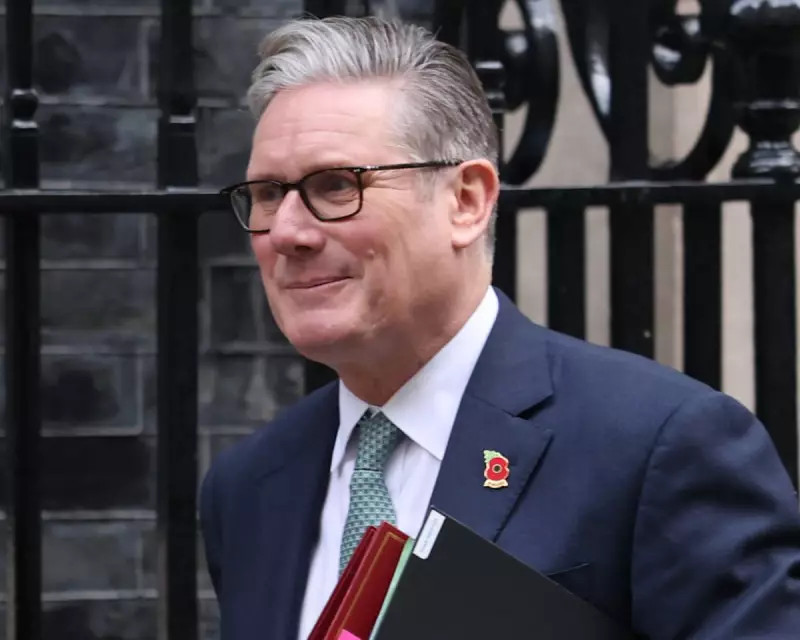
Westminster has been plunged into fresh turmoil following extraordinary briefings from the heart of government that have reignited questions about Sir Keir Starmer's leadership position.
The Prime Minister's most senior political aides have warned that he would fight any "reckless" attempt to challenge him after the budget or May elections, while openly expressing concerns that Health Secretary Wes Streeting is among those manoeuvring to replace him.
The Mechanics of a Labour Leadership Challenge
A Labour leadership contest can be officially triggered if 20% of the party's MPs support a candidate to replace Starmer. With Labour currently holding 405 parliamentary seats, this means 81 MPs would need to throw their weight behind a challenger to force a contest.
This threshold was increased from 10% in 2021, making it significantly harder to mount a challenge against a sitting leader. In any such contest, Starmer would automatically secure a place on the ballot paper, and his closest allies have made it clear he would vigorously contest any attempt to remove him from office.
The timing of any leadership election would be determined by Labour's national executive committee (NEC), with party members and affiliates, including trade unions, eligible to vote in the ballot.
Historical Precedents and Current Realities
No Labour prime minister in history has ever been formally ousted by their party through a leadership challenge. Both Tony Blair and Gordon Brown survived waves of ministerial resignations designed to force them from Downing Street.
Blair faced significant destabilisation in 2006 when several of Brown's allies resigned from the frontbench, though he remained in office for another year. Brown endured multiple resignation crises but clung to power until the 2010 general election.
The only Labour leader to have faced a formal challenge under modern party rules was Jeremy Corbyn. Following the Brexit referendum result in 2016, a mass shadow cabinet resignation occurred, and Corbyn subsequently lost a confidence vote among his MPs by a substantial margin.
He was challenged for leadership by Owen Smith, then MP for Pontypridd, but comfortably won the subsequent vote among members and unions, emerging strengthened from the contest.
Potential Successors and Political Manoeuvring
Starmer's allies have specifically identified Wes Streeting as someone they believe is positioning himself for a leadership bid, with claims that up to 50 frontbenchers might be willing to resign and support him. Streeting has categorically denied any involvement in plots against Starmer, stating that those behind the attacks should be dismissed.
Other potential leadership candidates include Home Secretary Shabana Mahmood, favoured by MPs on the party's right, and Angela Rayner, who maintains popularity with grassroots members despite previous controversies.
Some speculate that former Labour leader Ed Miliband could make a return, while Greater Manchester Mayor Andy Burnham harbours longstanding leadership ambitions, though he would need to secure a Commons seat first.
Most Labour MPs believe Starmer would likely survive any challenge, though many acknowledge that this week's public airing of leadership concerns has actually weakened his position. The obstacles facing any challenger remain formidable - gathering support from 81 MPs represents a major organisational feat, and any politician seen to be moving against a majority-winning Labour prime minister would risk significant damage to their reputation.
Party members would likely view such a challenge as an act of disloyalty and would probably side with Starmer in any contest. There has been speculation about a potential "stalking horse" candidate emerging to trigger a formal challenge before making way for more serious contenders, though such political manoeuvring would be transparent to many observers.
The extraordinary public briefing war has exposed deepening tensions within the Labour government, ensuring that leadership questions will continue to dominate Westminster discussions in the coming weeks.






